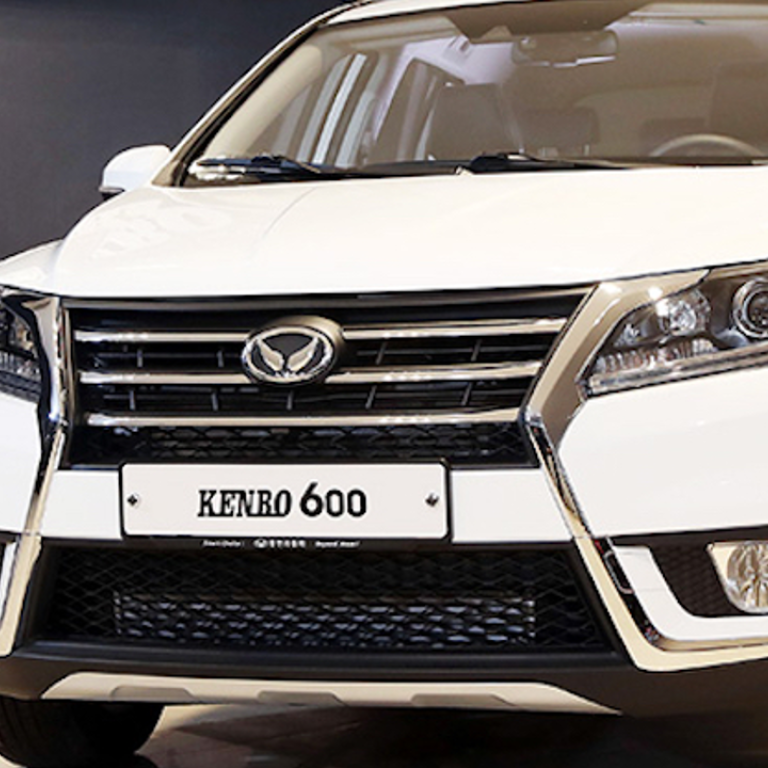
Korean consumers keep buying Chinese cars
Chinese cars are popular in South Korea despite a near boycott of Korean brands in China
By Jhoo Dong-chan
The Kenbo 600 SUV, the first Chinese passenger car on sale in South Korea, is enjoying major popularity, a stark contrast to Korean carmakers’ struggles in China due to the soured relationship between the two nations caused by a U.S. anti-missile shield.
After Korea decided to deploy a Terminal High Altitude Area Defense (THAAD) battery, China came up with various economic retaliatory measures. Along the same line, Chinese consumers have virtually boycotted Korean automotive brands like Hyundai and Kia.
However, Korean motorists seemingly decided not to reciprocate as amply demonstrated by the rising sales of the Chinese SUV.
In order to meet the surging demands, China-Korea Motor, the local importer of the Chinese midsize SUV, plans to import 320 more cars from China by the end of June.
A China-Korea Motor official said the first batch of 120 cars was sold out two weeks after the Kenbo 600 SUV hit the Korean market in January. The Chinese carmaker’s local sales unit immediately imported more but demand outstripped supply.
China-Korea Motor decided to increase the volume of its monthly imports by almost 60 percent beginning in June.
China’s fourth-largest carmaker BAIC Motor produces the Kenbo 600 SUV, marketed as the S6 in China. It mounts a 1,498cc gasoline turbo engine that sports a maximum of 147 horsepower with a 21.9-kgf.m torque and combined fuel efficiency of 9.7 kilometers per liter.
The biggest appeal is its low price.
The Kenbo 600 comes in two models, with a starting price of 19.99 million won (US$16,700) for the Kenbo 600 Modern and 20.99 million won (US$17,720) for the Luxury model.
Initially, industry observers came up with a bleak outlook of the Kenbo 600’s performance in Korea, claiming Korean consumers are not convinced of the durability and safety of made-in-China cars.
There were also expectations Koreans would not buy Chinese vehicles at a time when Chinese motorists shun Hyundai and Kia cars.
But the SUV model silenced pessimists with its impressive sales.
“Demands for the Kenbo 600 are very high. We are struggling to import enough cars to meet the rising demand,” a China-Korea Motor official.
Encouraged by the early success of the Kenbo 600, China-Korea Motor also plans to introduce a compact SUV model by the end of this year.
The importer has yet to officially announce the model, but said its price range is expected to be six million won (US$5,316) cheaper than the SsangYong Motor Tivoli, the most popular mini SUV model in Korea.
“Public sentiment over the THAAD issue seems to be one-sided,” an official of a domestic carmaker said. “Korean carmakers have suffered a great deal of sales losses because of the Chinese government’s trade retaliation as well as Chinese consumers’ anti-Korea sentiments. I guess Korea consumers do not care much about it.”

